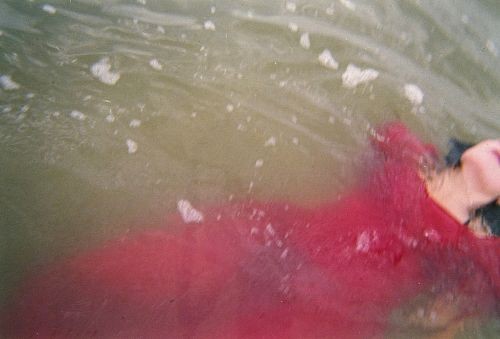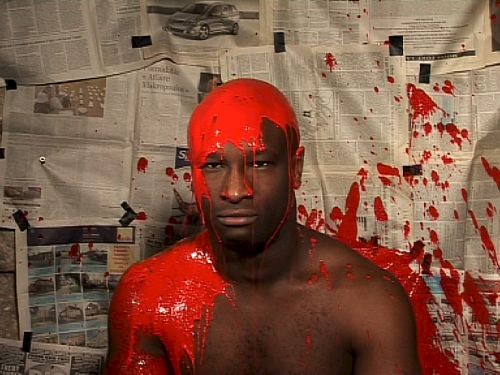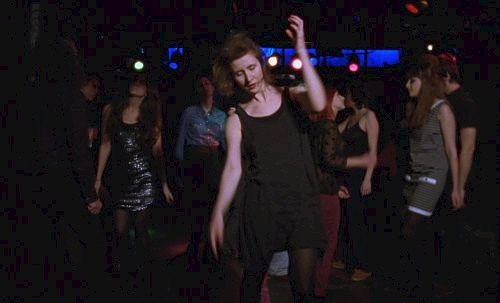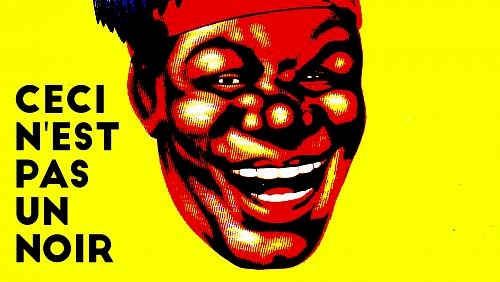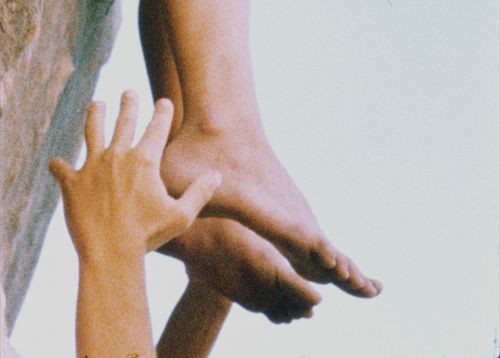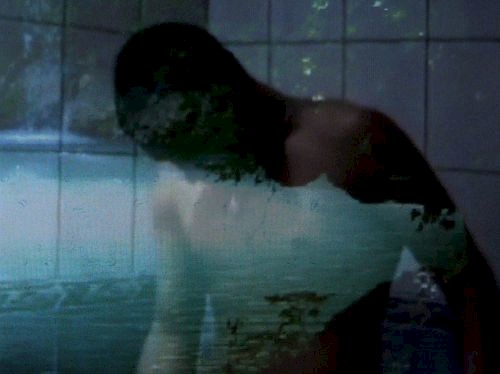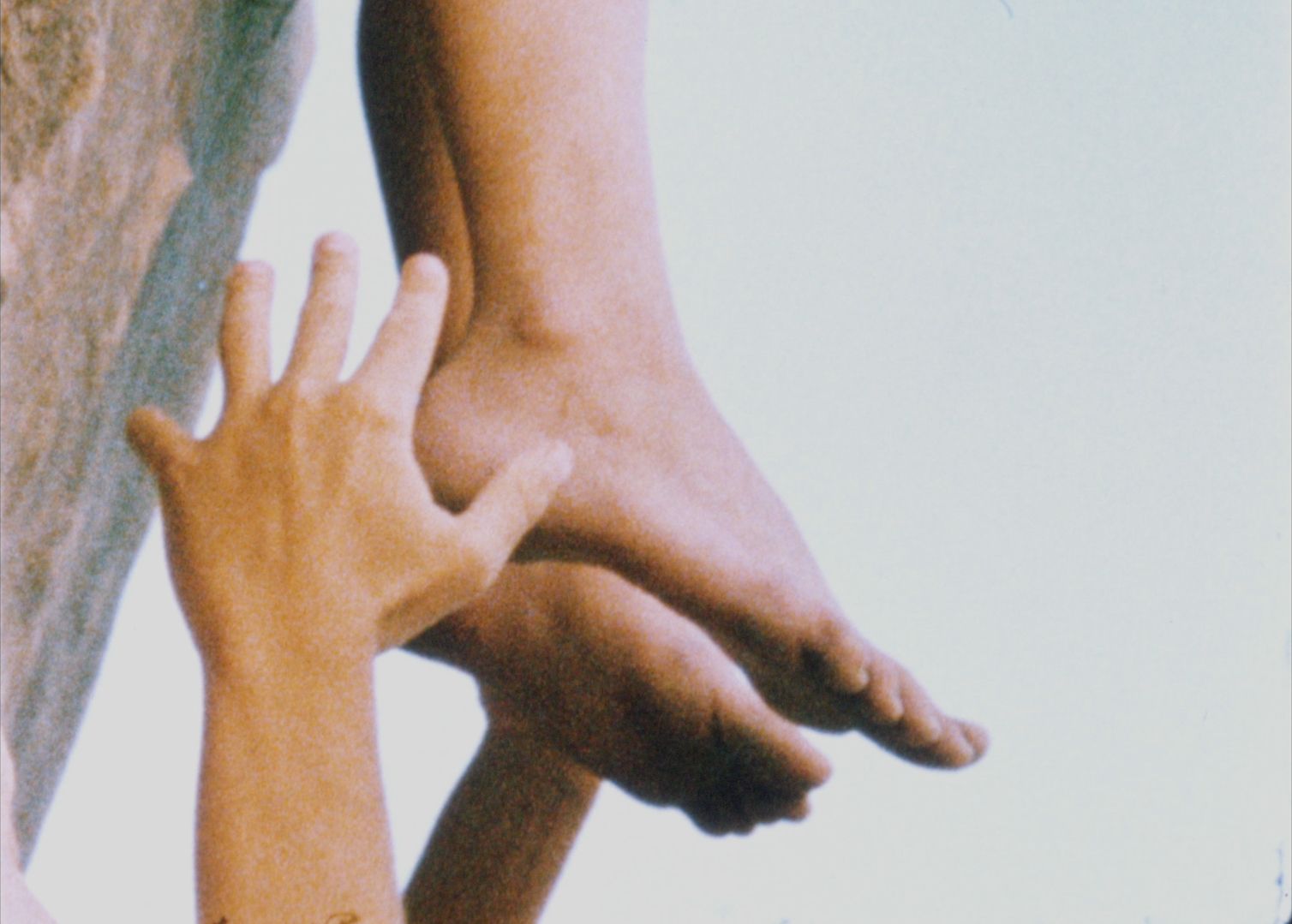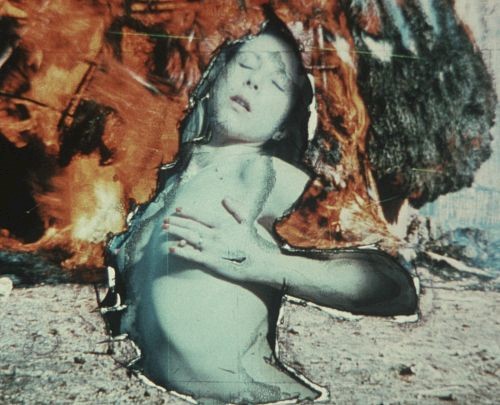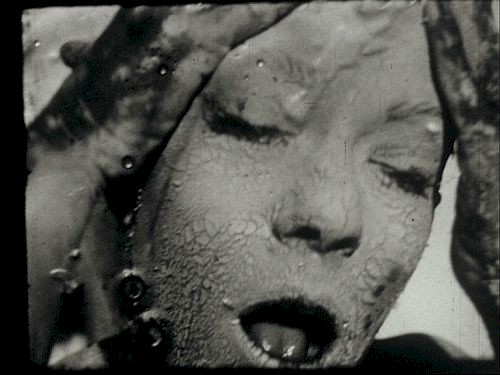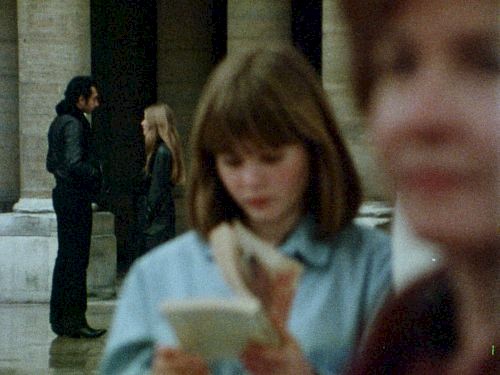The history of the Collectif Jeune Cinéma and that of the Festival des Cinémas Différents et Expérimentaux de Paris are intertwined in my career. In 2005, when the CJC was reorganized, I succeeded to Marcel Mazé as president of the association and participated in the different editions of the Festival.
During my thirteen years of presidency, preferring the “we” to the “I”, we created moments of exchange and reflection around the practices and modes of representation of experimental and different cinema. In particular, we had to dialogue with institutions to whom we always had to re-explain the history of experimental cinema from year to year and eliminate the clichés surrounding experimental cinema, during round tables organized during different editions of the festival [1].
All these years, the stake of the programming was to show an eclectic cinema of great amplitude, breaking the codes of fiction, documentary or animation. To sometimes upset an experimental cinema close to an underground or structural cinema, and to value a different cinema where the subject and the form play together.
The act of programming is a gesture of editing. That’s why I’ve always preferred to sequence the films without lighting the room between each one. Entering a cinema corridor in total immersion, in an intoxicating dive, losing one’s bearings. A slightly disrespectful way of viewing the works themselves, where the credits (when they exist) become the sequences of a single film.
This program evokes certain periods that mark my years at the CJC and obviously my affinity for the works shown (for their strength, content, form and commitment) as well as their authors.
I did not work with Sarah Darmon, the first administrator of the CJC, but with her successor Raphaël Sevet, and all those who followed: Violeta Salvatierra, Damien Marguet, Julia Gouin, Victor Gresard, Théo Deliyannis; as well as the coordinators of the festival: Claire Salvi, Olivia Cooper-Hadjian, Delphine Voiry Humbert, Danae Papaionnou, Angélica Cuevas Portilla, Gabrielle Reiner, Gloria Morano, Daphné Hérétakis. Not all of them are filmmakers (or not yet, or no longer) like Judit Naranjo Ribó who recently arrived.
My first confrontation with funding applications, accounts, and shelf arrangements took place with Raphaël Sevet when the CJC’s premises were on rue Carpeaux. It was also my immersion in the screening committees of the films entering the catalog, the meetings of the transmission pole (with Claude Brunel, Frédérique Devaux, Louis Dupont and the famous drafting of educational sheets - or not, if Pierre Merejkowsky was passing by), the neutralization of the genres at the arrival of Laurence Chanfro, the monthly programs of Thursday, with Pip Chodorov, who liked to invite his American friends, film-makers, when Gérard Cairaschi preferred to show video works, sometimes by his students, the selection committees of the festival with Bernard Cerf and all the teams of the different editions (great moments of exchanges, laughter, and arguments, some of them memorable - but as they say in Vegas…). Since 2010, at Bernard’s initiative, the festival includes competitive programs and I remember our hilarious disagreements with Derek Woolfenden, especially on the representation of women in films, Fabien Rennet’s musical suggestions for the film-concerts, Orlan Roy’s poetic programming and the opening to the public of the jury’s deliberations, proposed by Frederic Tachou. At the time, we committed ourselves to seeing all of the 1500 films entered and Philippe Cote was our scout, discarding the films that were definitely not for us.
To once more involve myself, in 2021, in the selection of the competition, was a great opportunity to share the taste of storytelling and Kung Fu films with Felix Fattal. The re-use of images and sounds at work in the films of Felix, Derek and Stéphane (Gérard), each in their own way, then reminds me of the 2013 edition on Archives and Found Footage, conducted collectively with the immense contribution of Julia Gouin.
With Daphne (Hérétakis), it is the period of glory of the CJC with three employees: Damien, Gloria and Daphne, the removals and the festivals at Les Voûtes… without counting on the essential presence of Victor Gresard.
With Stéphane Gérard, it’s What’s Your Flavor? that I want to talk about and the very beautiful edition of 2019 “Filmmakers, women, feminists, queer!” directed together with Stéphane, Valentin Gleyze, Apolline/Lawrence Diaz and with the huge contribution of Théo Deliyannis.
I want to thank all the people mentioned in this text, for having been the vital blood of the CJC and for having shared with me a great part of my life and love for a different cinema.
- Laurence Rebouillon
